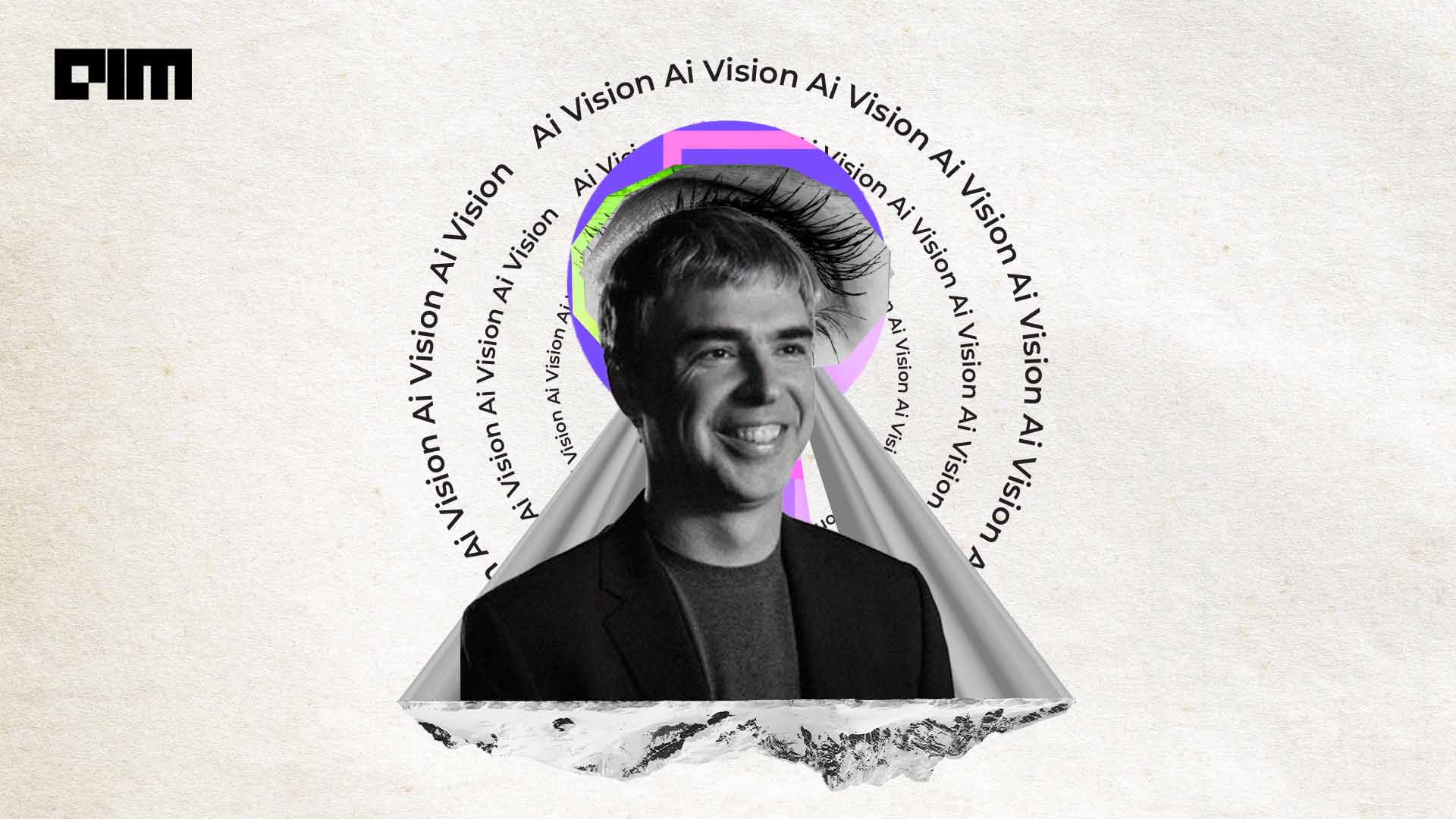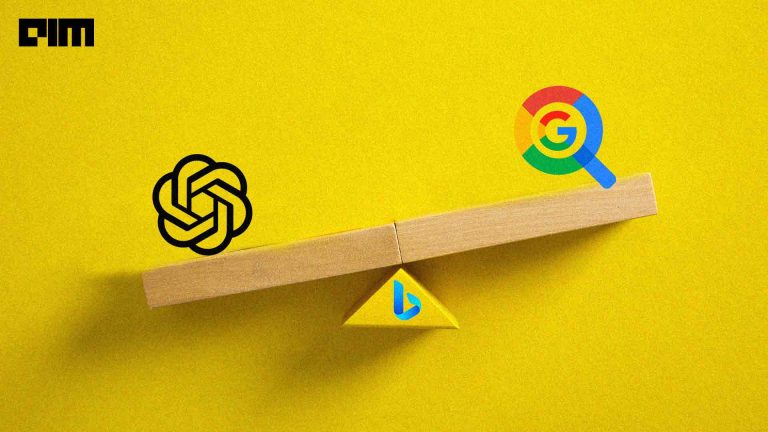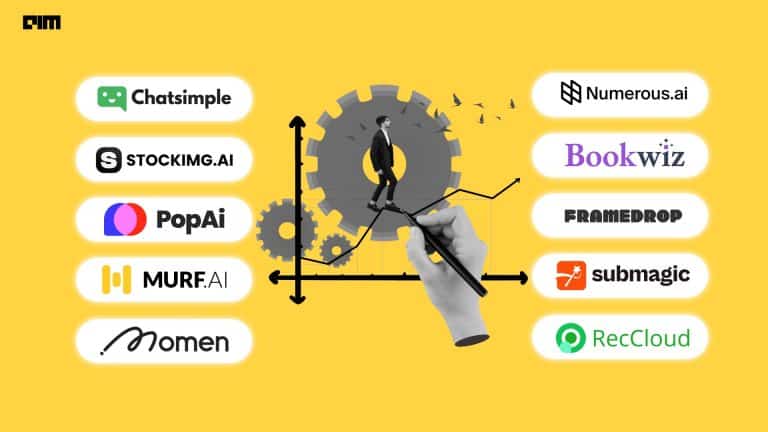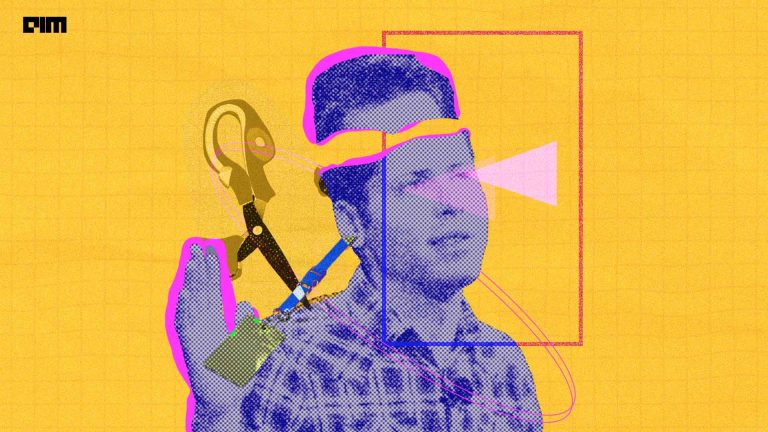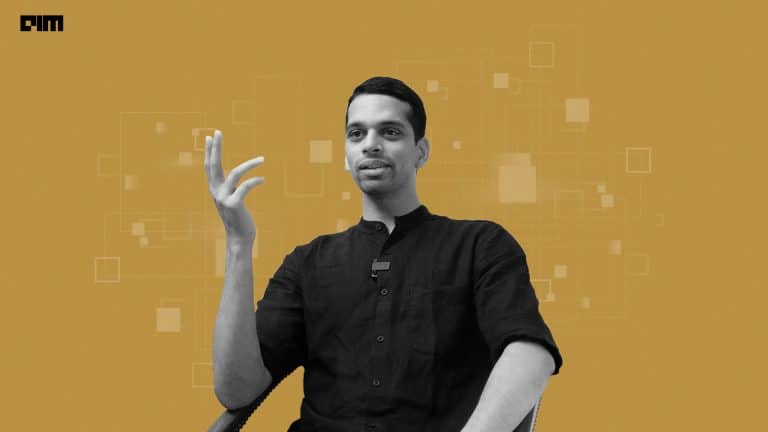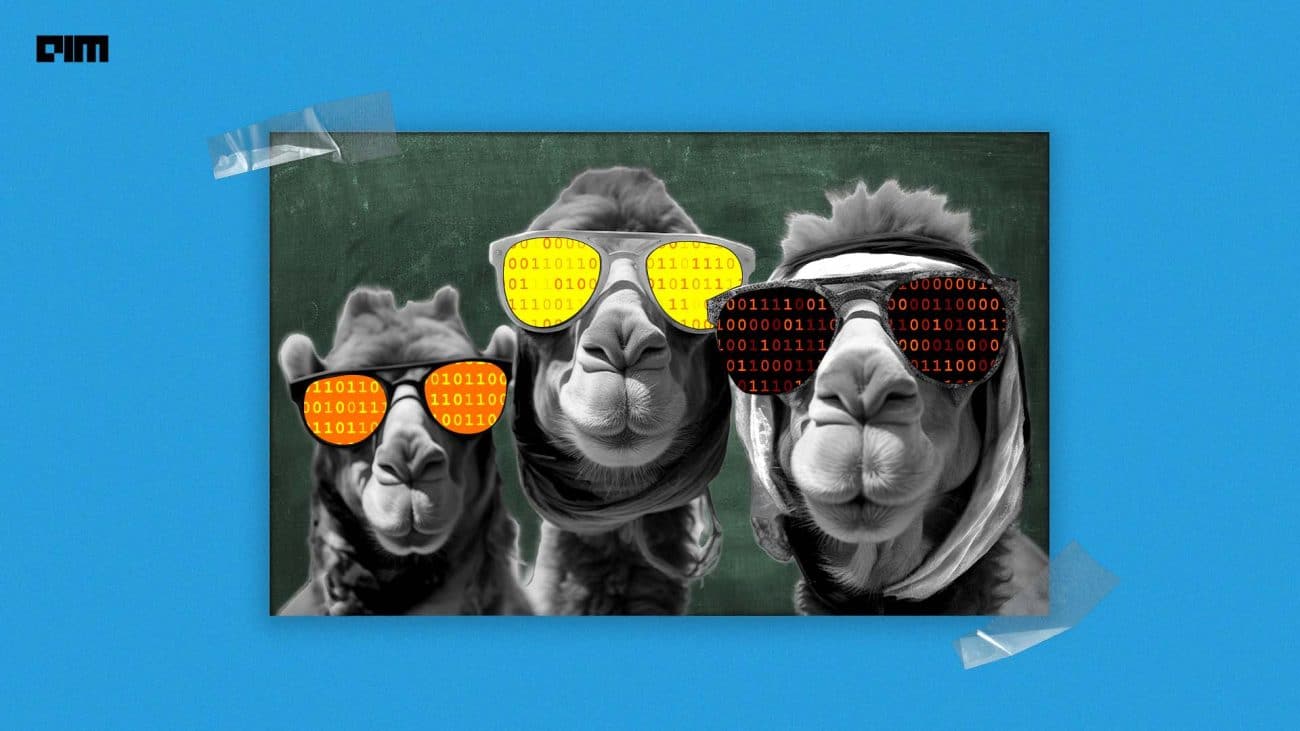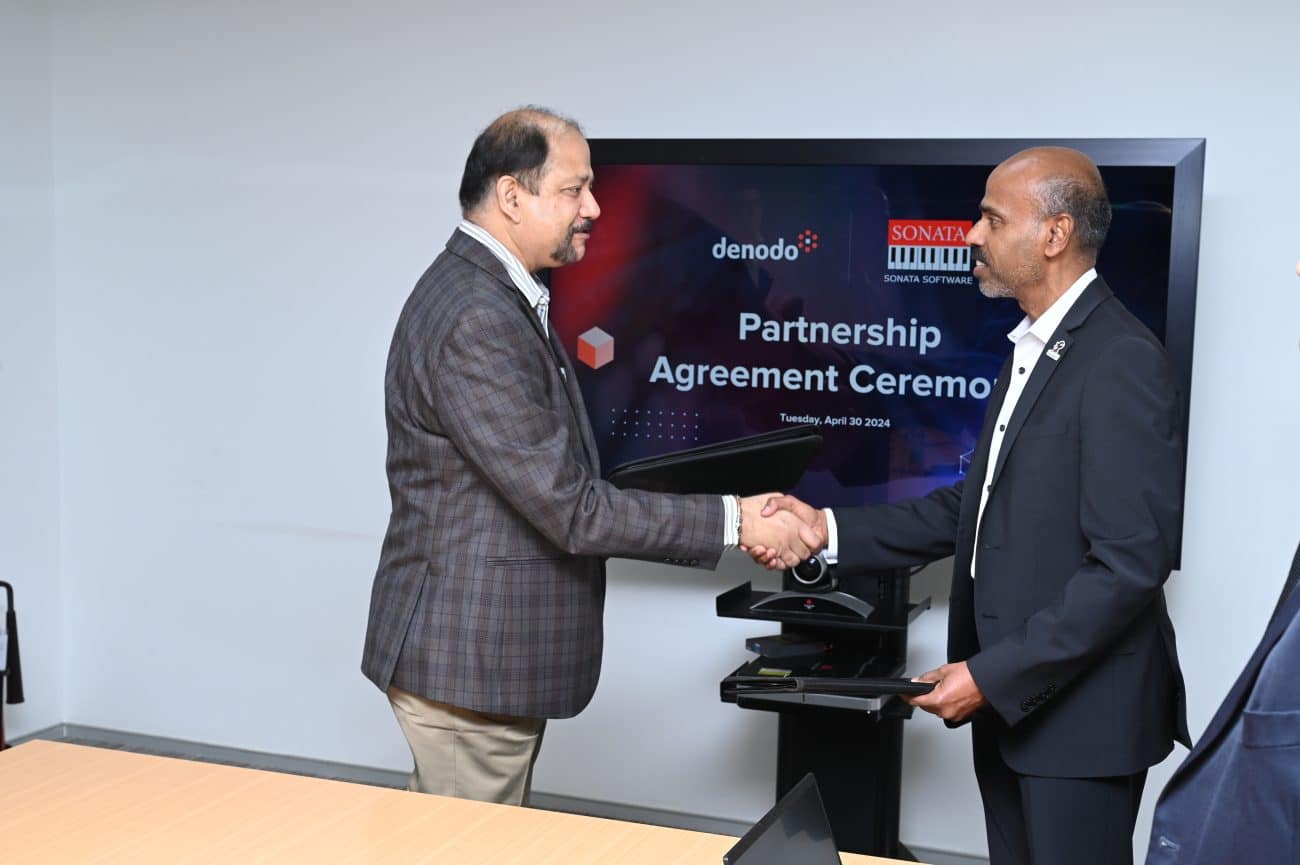|
Listen to this story
|
“Google will fulfil its mission only when its search engine is AI-complete,” said Larry Page in 2002. Cut to 2023, Google has summoned Page out of retirement to combat the critical situation they are in with Microsoft leapfrogging in GenerativeAI research.
Google’s monopoly is largely built on its search engine, which uses a software that crawls the web and indexes the page to keywords. But, the new foretellers that have come to the market have made Google insecure about their hold on Search.
Google currently owns 93% of the search engine market share whereas Microsoft has a mere 3%. It is clearly the 800-pound gorilla in this game. And, for Microsoft CEO Satya Nadella, the motive is to let people know that their innovation can make Google “come out and dance”. But, does search really need a know-it-all genie in a blackbox to come to full fruition?
Evolution of search
“Companies are doing the same incremental thing they did 50 years ago. That’s not really what we need,” said Larry Page in 2014. Calling for a revolutionary change, Page, in this rare public appearance, opined on the multi-faceted picture he sees for Google.
The new Search, Page said, would get over the “clunky” experience of using computers. “Your computer doesn’t know where you are. It doesn’t know what you’re doing. It doesn’t know what you know”. The company back then had been moving in this direction with tools like Google Now, which proactively delivered information to users based on their search patterns, and Google Glass, a wearable heads-up display overlaying digital information on the real world.
Larry Page wearing Google Glasses at Google Zeitgeist in 2012
Sadly, both these offerings have been shut down by Google, along with many many other tools that had been sent to the digital graveyard.
The then 40-year-old billionaire explained how training machine-learning algorithms on YouTube’s immense video catalogue can lead to it learning what is “cat” without any prior knowledge of the object. It will be able to learn not only that “cat” was important to people, but also how to generate a composite image of a cat.
The idea, as was envisioned by him before 2012, was to create a “search engine so advanced that it could act like a cybernetic friend.” Google’s hiring of computer scientist and futurist Ray Kurzweil, and its subsequent acquisition of Deepmind, was a step in that direction. “I envision in some years that the majority of search queries will be answered without you actually asking,” said Kurzweil, sharing the same vision as Page.
The way it will work is that search engines will move beyond the brute-force algorithms that produce results based on keywords in popular pages, and move to a kind of “semantic” search that will include both meaning and intention behind words.
The advanced search will have information on the things one reads, what one writes in emails or blog posts, the conversations one is having, whatever one hears and says – in short, it will know users better than they know themselves. Combine this with the ability to canvas all new information that comes out in the world every minute, and you get a specialised search.
What happened to search?
However, this vision was soon lost in the noise of predictive machines. Companies like Microsoft and Google rushed to integrate their search with these new machines. Far from knowing what the user wants, the chatbots came to be known for hallucinating, spreading misinformation, and showing bias to user prompts.
Google’s knowledge panels, which are information boxes that appear on Google when users search for entities, also sources data from across the web. The information displayed comes from a mix of open web sources and data partners who provide authoritative data on specific topics. As a result, although announced in 2012, there have been less reports of the answers being wild. Interestingly, even then Google had faced criticism over not attributing where it sourced the data from.
The highlighted portions are knowledge panels
However, what’s new with today’s AI is that rather than simply analysing or recommending content on the web, it draws from this ocean of data to create its content. Here, the enormity of unattributed information retrieved from the web is increased multifold.
Did Google make a mistake in taking Microsoft’s bait? Looks like it.
“I have no use for an AI that can write for me,” writes Rach Smith, a developer at CodePen. Smith mentions that she would rather write stemming from her specific expertise around the product, their processes, or her own experience.
However, the place where she would excessively want to use chatbots would be to train it on all the information in the CodePen knowledge base. This way it could be deployed to make all meeting notes, project board cards, and weekly, and be able to answer questions on that content. “If you ask me, if there’s one thing we don’t need more of on the internet, it is the soulless content written for “SEO” purposes, with just enough wordcount to inject ads between,” Smith added.
Microsoft is – and to a large extent – has always been an enterprise company. It makes sense for them to give companies these offerings on the Azure OpenAI service. Search, on the other hand, doesn’t need generative AI to come to full fruition.


